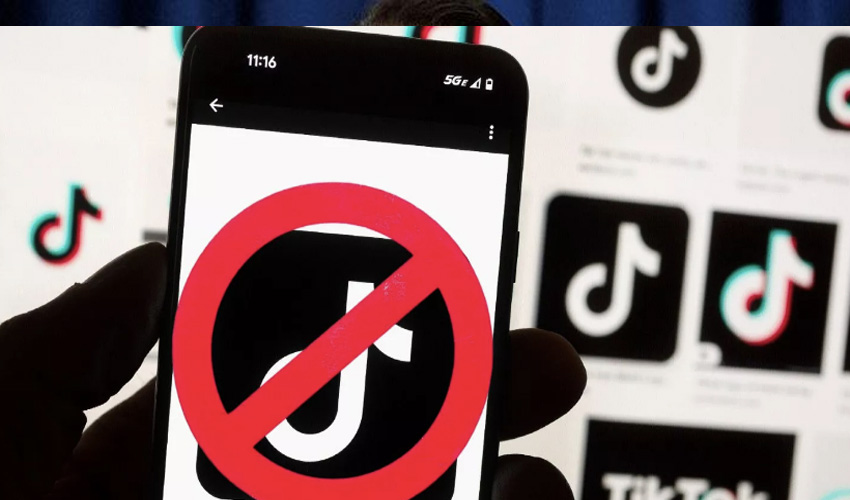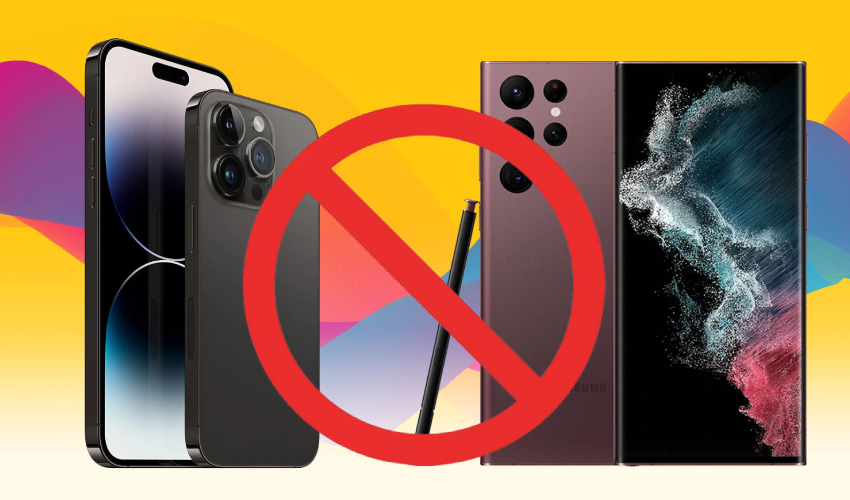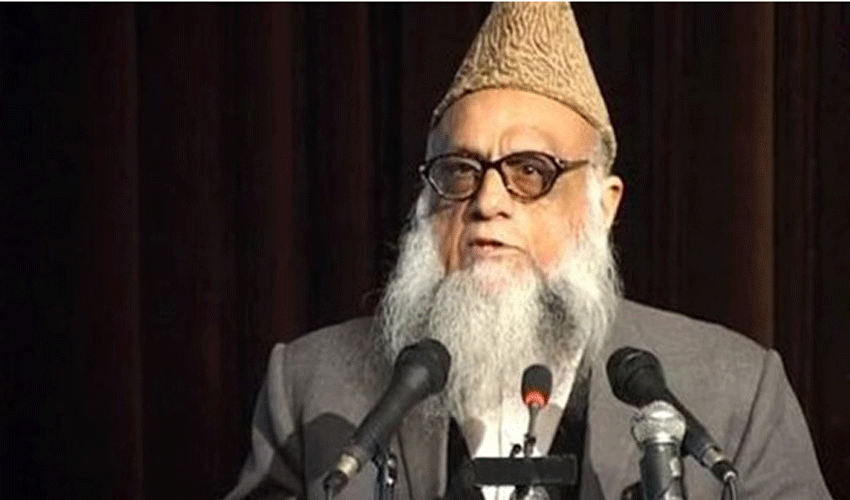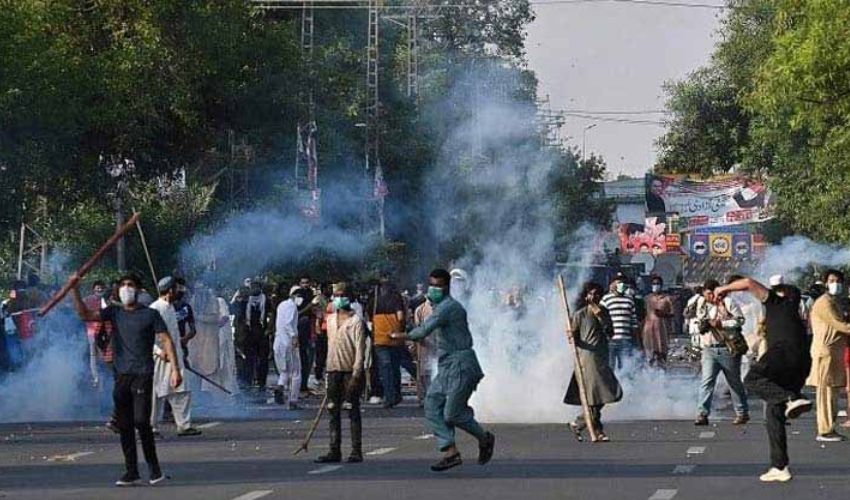TikTok - the popular social media app used by over 170 million Americans - is preparing to cease operations in the United States on Sunday as a federal ban looms, barring last-minute intervention.
The ban, which stems from a law signed in April last year, mandates ByteDance, TikTok’s Chinese parent company, to divest its U.S. assets by January 19 or face nationwide restrictions.
Despite ongoing court proceedings and political debate, the U.S. Supreme Court has yet to deliver a definitive ruling on the matter.
Sources close to TikTok disclosed that users attempting to open the app post-ban will receive a pop-up message directing them to a website with information about the prohibition.
Additionally, the company plans to provide an option for users to download their personal data before the platform goes offline.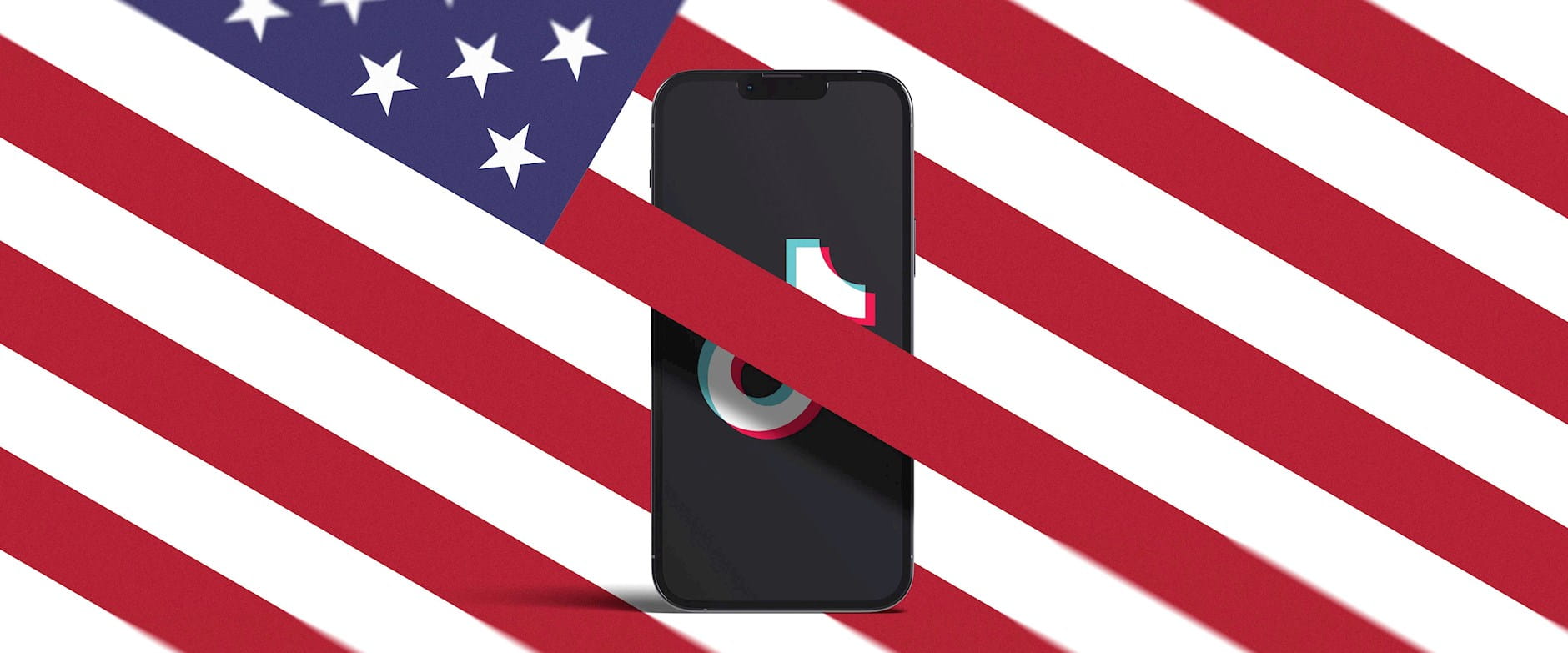
"If the ban is upheld, TikTok’s services in the U.S. will essentially shut down, impacting users and potentially operations in other countries reliant on U.S.-based service providers," said TikTok attorney Noel Francisco during a Supreme Court hearing last week.
The company’s court filings also warned that restrictions would render the app inoperable, as U.S. data centers and service providers might cease storing TikTok’s code, content, and user data.
Political standoff
The Biden administration, which signed the law mandating ByteDance's divestment, has refrained from intervening. A White House official clarified on Wednesday that President Biden is legally constrained from acting without a credible divestment plan from ByteDance.
Meanwhile, efforts in Congress to extend the deadline for ByteDance have faced resistance. A proposal by Senator Ed Markey to grant a 270-day extension was blocked by Republican Senator Tom Cotton, underscoring the polarized political environment surrounding the issue.1736939097-0/fizza-(31)1736939097-0.png)
President-elect Donald Trump, who assumes office a day after the ban's enforcement, has suggested seeking a "political resolution." Reports indicate he is considering an executive order to delay the ban by 60 to 90 days. However, legal experts question the feasibility of such an action.
Global implications
TikTok has expressed concerns that a U.S. ban could have far-reaching consequences for its global operations. The app’s dependence on hundreds of U.S.-based service providers could disrupt access for users in other countries, the company argued in court filings.
Privately held ByteDance, with major investors such as BlackRock and General Atlantic, employs over 7,000 people in the U.S. The company contends that the ban violates First Amendment protections, describing it as an unwarranted restriction on free speech.
While TikTok and ByteDance seek a delay or alternative resolution, the shutdown plans reportedly aim to protect service providers from legal liability and allow the company to resume operations swiftly if the ban is later reversed.
The Supreme Court’s impending decision will determine whether TikTok will face immediate cessation or continue to operate as legal challenges play out.





